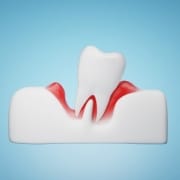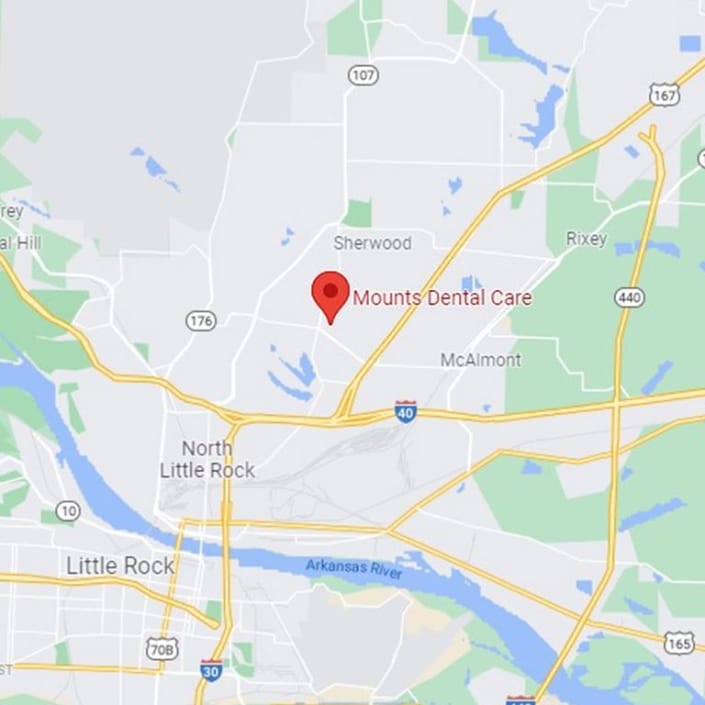Is Gum Shrinkage Normal?
Have you noticed your gums pulling away from your teeth or seeming to shrink? This is a cause for contacting a dentist for a thorough dental exam in Little Rock, AK. Take a look at the causes of shrinking gum tissue and how the issue could be treated below.
Common Causes of Shrinking Gum Tissue
Gum shrinkage may not always have a singular cause. In many cases, the problem stems from several factors, such as:
- Poor Oral Hygiene: Inadequate brushing and flossing can lead to plaque buildup along the gum line, causing inflammation and eventually gum recession.
- Gum Disease: Periodontal diseases like gingivitis and periodontitis can cause gum tissue to pull away from the teeth, leading to recession.
- Genetics: Some people are predisposed to gum recession due to their genetic makeup.
- Aggressive Brushing: Brushing too hard or using a hard-bristled toothbrush can wear away gum tissue over time.
- Tobacco Use: Smoking or using other tobacco products can contribute to gum shrinkage and other oral health issues.
How Is Gum Tissue Shrinkage Treated?
If you notice gum shrinkage, reach out to your dentist for a thorough evaluation. There may be things you can change or procedures that can help with the issue. Practicing proper oral hygiene, including brushing and flossing techniques, prevents gum recession and promotes gum health. Scaling and root planing remove plaque, which can be important for gums to heal and reattach. Gum grafting is a surgical procedure viable for some patients that covers exposed roots in severe recession. Laser therapy may also be recommended to stimulate gum regeneration.
Seek the Advice of a Little Rock Dentist
If you notice signs of gum shrinkage, such as exposed tooth roots, increased tooth sensitivity, or changes in the appearance of your gums, it’s essential to seek advice from a Little Rock, AK dentist as soon as possible. Don’t let gum shrinkage go untreated – schedule an appointment with Mounts Dental Care today for comprehensive dental care tailored to your needs.




